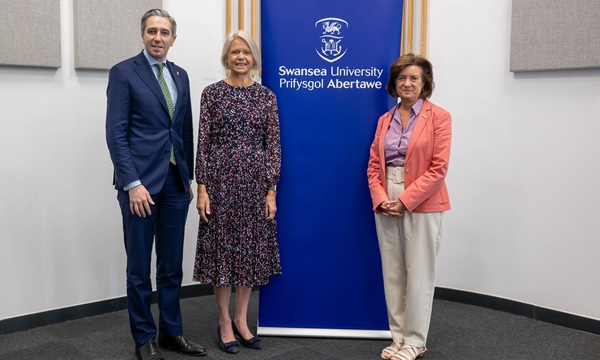UK consumers want the government to prioritise high standards, transparency on the impact of trade deals and the environment over cheaper goods and wider choice as it negotiates new trade deals, a major piece of research from Which? has revealed.
Which? is today publishing the findings of the National Trade Conversation – setting out what consumers believe should be the priorities for current negotiations with countries including the United States and Australia, and for trade deals in years to come.
During August and September, Which?, in partnership with research firm Hopkins van Mil, ran a series of public dialogues with almost 100 consumers across the UK that established four key priorities for consumers in trade deals: maintaining health and safety standards of consumer goods, upholding data regulation rules, addressing regional inequalities and protecting the environment.
In discussions, participants were asked to look at the range of issues that could be considered as part of trade deals, including their implications for consumer goods and services, with a particular focus on food, cars, toiletries and digital trade.
A range of evidence was presented providing differing views on these topics. Participants agreed maintaining health and safety standards in these sectors is a key priority – and neither lower prices nor wider choice was sufficient justification to compromise standards.
Participants also expressed concern that when it came to food standards, allowing cheaper imports produced to lower standards into the country could exacerbate existing inequalities and lead to a two-tier system where food produced to higher standards was only available to wealthier consumers.
Maintaining standards and therefore consumer protection, was also a top priority during discussions about other consumer goods where trading partners had different approaches – for example, cars, the UK’s biggest imported and exported product. Participants stressed there was an “obligation” to deliver high safety standards.
Data was another key issue for participants, who described it as the “new oil or gold”. People were enthusiastic about the opportunities digital trade offered, but expressed concern about freer data flows, with some raising concerns that weakening protections in this area could expose people to data misuse and scams.
Covid-19 has accelerated the use of digital services and consumers’ data being shared. However, the consensus was that the current General Data Protection Regulations (GDPR) must be maintained to protect consumers from aggressive marketing practices and keep their data secure.
One participant said:
“The starting point in negotiations should be what will have most benefit for citizens, not what will attract the biggest companies.”
The importance of protecting the environment in trade deals quickly emerged as a priority for consumers across all of the dialogues, but especially those in southern England. The UK government has a legally-binding commitment to achieve net-zero emissions by 2050, and participants were adamant trade deals should be closely aligned with this target.
Another important issue among participants was the need to address regional inequalities and ensure trade deals are not England or London-centric. Participants in South Wales and in Scotland acknowledged certain industries, such as manufacturing and farming, could be negatively impacted by trade deals. Those in Northern Ireland felt most distant from the negotiations and placed the greatest emphasis on transparency and clear communication.
Which? believes the government should use the results of its National Trade Conversation to develop a trade policy that can command the confidence of UK consumers. This should include negotiating for a specific consumer chapter within trade deals, to ensure that the needs and concerns of ordinary people are a top priority.
The government should also ensure that its consultation mechanisms for trade deals, including its Trade Advisory Groups and the Trade and Agriculture Commission, include consumer representation.
Sue Davies, Head of Consumer Protection at Which?, said:
“The UK has the opportunity to develop a trade policy that commands public confidence, if it listens to consumers every step of the way. This research gives a clear indication of the issues that really matter to ordinary people, so the government should ensure these are reflected in its negotiating priorities.
“The government can demonstrate that it is committed to putting consumers in the driving seat when it comes to trade by pushing for a consumer chapter to be included in trade deals and ensuring that advisory groups on trade include meaningful consumer representation.”







